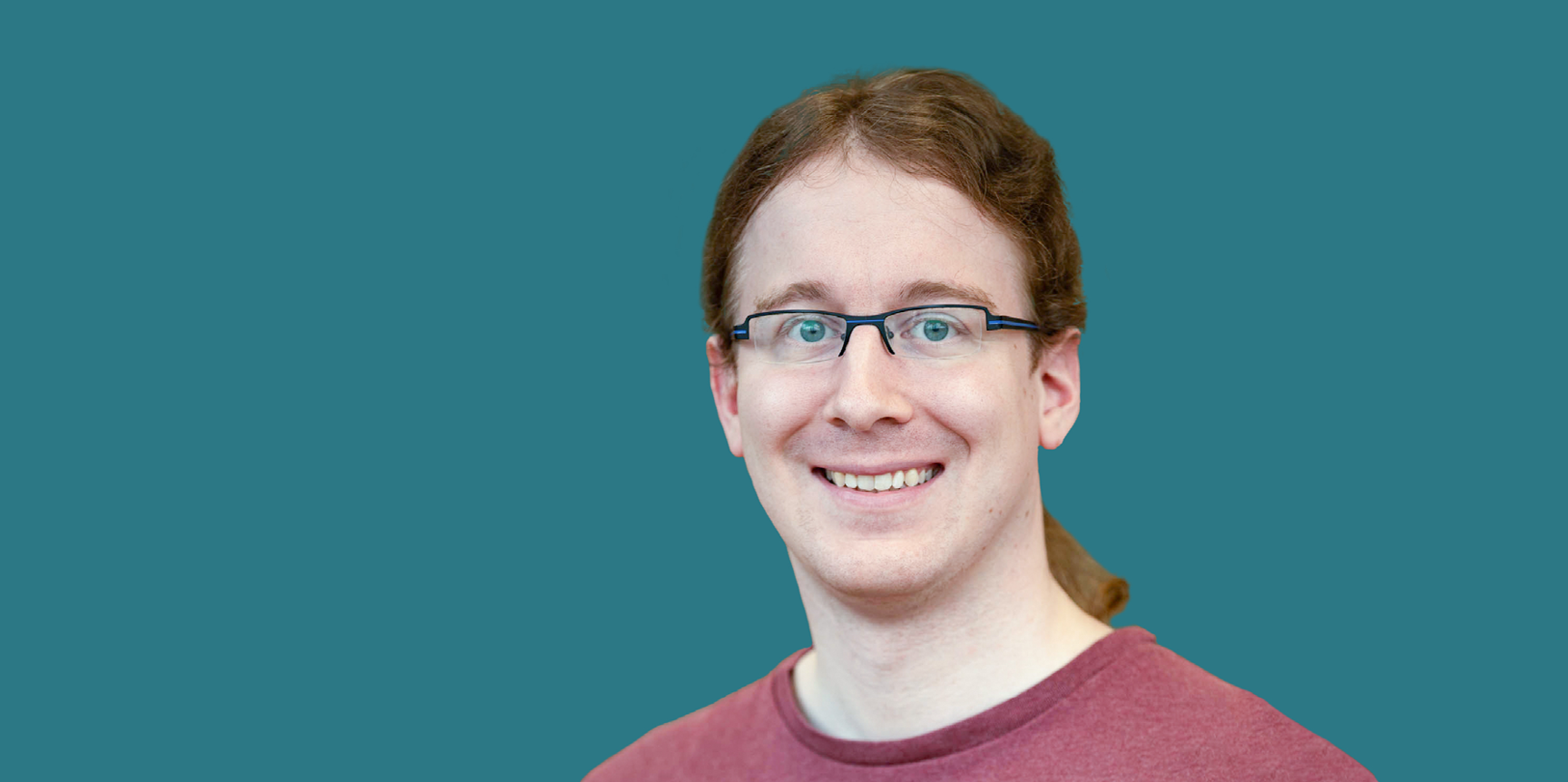Welcome, Professor Ralf Jung
Ralf Jung joined the Department of Computer Science at ETH Zurich in November 2022 as a Tenure Track Assistant Professor of Computer Science. Get to know him in this short interview.

Professor Jung, welcome to ETH Zurich. What are your current research interests?
I am using rigorous mathematical techniques to make software more reliable and more secure. Recently, a lot of my work has focused on the Rust programming language, a young language designed to write low-level high-performance software without compromising on correctness. My research puts Rust’s claims on a solid formal footing and helps Rust programmers to weed out the remaining bugs in their programs. I am also working on foundational techniques to ensure correctness in concurrent software – programs that make use of modern many-core CPUs, and where established techniques such as testing are often insufficient.
What is the impact of your research on society?
The world runs on software; we trust computers every day in so many aspects of our life. My research helps to ensure that this trust is warranted.
Where were you working before you came to ETH?
I did my PhD at MPI-SWS on the Saarland Informatics Campus, under the supervision of Derek Dreyer. Then I did a postdoc at MIT.
Which courses will you be teaching at ETH?
We have not made any final decisions yet, but I hope to teach a course on the semantics of type systems.
What are your first impressions of Switzerland and ETH?
I absolutely love it. I have been a big mountain lover since early childhood, so I cannot get enough of the Swiss countryside. I am also thoroughly enjoying the amazing public transport in Switzerland. And of course ETH is a great place to do research, providing amazing opportunities and all the resources I could ask for.
What advice would you give to students who are just starting out in computer science?
Stay curious, and try things out! Computer science offers an amazing breadth of research fields, from extremely theoretical to very applied, with a lot of interesting ways to bridge the two ends of the spectrum. There’s more to CS than machine learning.